This book purports to be the story of the 2013 election. It is not clear why it makes that claim, since less than a quarter of the book deals with the campaign. One might argue that the campaign really started when Julia Gillard announced the 14 September date, or even that the major participants had been ‘campaigning’ since the 2010 election. But MacCallum, who readily admits to being a partisan of the Left, makes no such claim. Instead, he uses much of the book to complain and snipe about things he doesn’t like. It’s a long list.
He has always, of course, hated the conservative parties. He refers to them as the Tories, which sounds incredibly dated and rather silly. He seems to assume that all intelligent people share his hatred, and that anyone who doesn’t is either stupid or part of a vast conspiracy.
It’s a knee-jerk reaction, as is his apparent belief that political debate is about making clever, nasty insults. Christopher Pyne, for example, is a ‘rabid poodle’, Scott Morrison is a ‘ghastly spokesthing’. Abbott makes him splutter a string of weird comments — ‘illiterate’, ‘terminally confused’, ‘flaky’, ‘misogynist’ — but eventually MacCallum settles for the Captain Catholic tag. The Institute of Public Affairs wants ‘the end of civilised society’. Using the military to protect the national border is akin to Hitler’s creation of the SS (this does not appear to be said as a joke). And so on.
This sort of name-calling smacks of university politics, or even the high-school playground, and is endemic on the Left. No wonder Abbott’s statement that his government would be one of grown-ups resonated with the community.
MacCallum, of course, does not accept that anything Abbott would say would be accepted by the broad electorate. He cannot decide if Abbott is merely ignorant or actually dangerous, so he accuses him of both at various times. Along the way, he throws rocks at the usual targets of the Old Left, including the banks, people who have made money, mining companies, Rupert Murdoch etc.
In fact, MacCallum seems to hate Murdoch, and especially the Australian newspaper, more than he hates most things, which is saying a lot. Yes, that’s the newspaper in which Labor luminaries such as Craig Emerson, Graham Richardson, Barry Cohen and Peter Beattie have regular columns.
MacCallum accepts that the war between Rudd and Gillard was enormously damaging although rather strangely the actual event of the execution of Gillard hardly gets a mention; he does not even cite the margin. Perhaps the spectacle of his party doing all this was too painful, or too embarrassing, for him.
In hindsight, the most remarkable thing about that contest was not that Gillard lost but how close she came to holding on. If not for Bill Shorten and his little crew of acolytes switching sides… well, a path not taken.
He does not have much positive to say about either Gillard or Rudd. His main complaint is that neither of them was Gough Whitlam.
Indeed, the book is peppered with glowing references to the Great Gough. Yes, Whitlam, with whom MacCallum fell in love 40 years ago and never quite grew out of. Says all there is to say about MacCallum, really.
MacCallum walks through the election campaign itself but does not seem to find anything new to say. There is the impression that his research consisted of cutting articles out of the papers and watching some things on television. He did attend a community forum in his home town of Byron Bay but not even he tries to present that as indicative of the mainstream.
Fortunately, he does not try to say that Labor’s election defeat was due only to the leadership convulsions. He admits that various policies, from the illegal immigrant mess to the removal of benefits from single parents, alienated some potential supporters. But he believes, unsurprisingly, that the Coalition won only by default, and through trickery.
Nor does MacCallum try to put the Shorten line that post-election Labor has some sort of mandate, on the premise that the result was not as bad as it might have been. This idea is merely foolish, of course. Winners get mandates. Losers get the exercise.
He believes that the re-election of Rudd as ALP leader did what it was supposed to do: it saved the furniture, so that the party will live to fight another day. It might be a hard road for a while, he says, but eventually the forces of good will triumph over Abbottine darkness. Something like that.
Yes, keep believing it, Mungo and compatriots. Keep believing that electoral support for conservative ideas and approaches are somehow an aberration, due only to media bias and the voters’ stupidity. Keep believing that the next Labor government, with a brand-new messiah, is just a question of time. Keep believing that Labor’s True Believers are simply smarter, more caring, better than ordinary people. Keep producing books like this, to show how much Labor prefers to talk about itself rather than the real world. Do that, and do nothing else. After all, it’s what took the party to where it is today, which is nowhere.
Got something to add? Join the discussion and comment below.
Get 10 issues for just $10
Subscribe to The Spectator Australia today for the next 10 magazine issues, plus full online access, for just $10.
Derek Parker is a regular contributor to Spectator Australia
You might disagree with half of it, but you’ll enjoy reading all of it. Try your first month for free, then just $2 a week for the remainder of your first year.

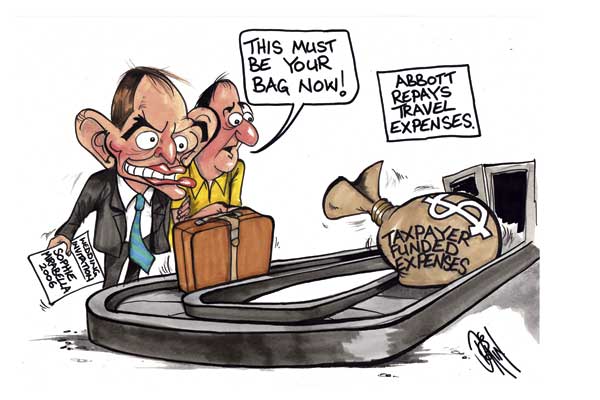
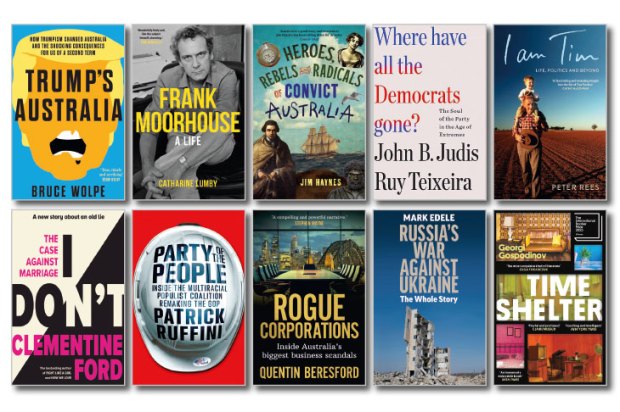
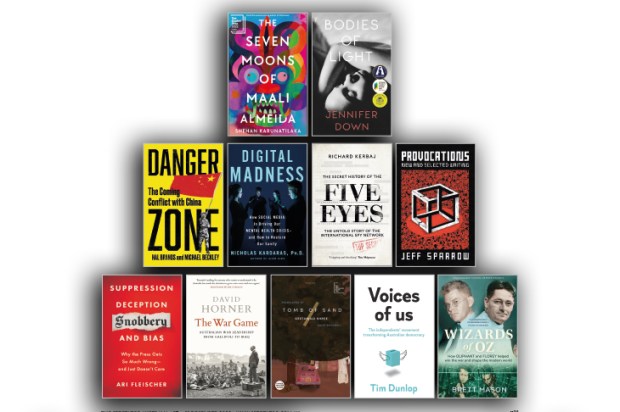
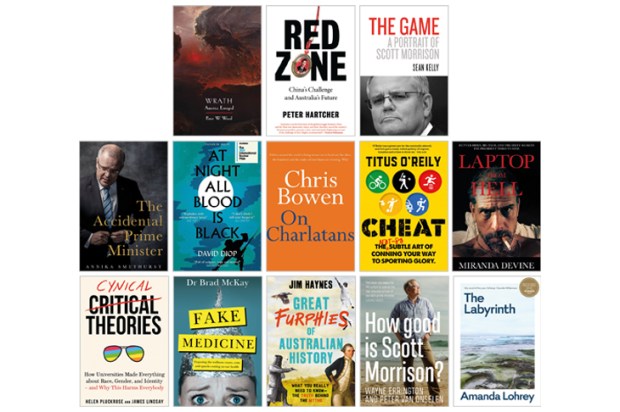
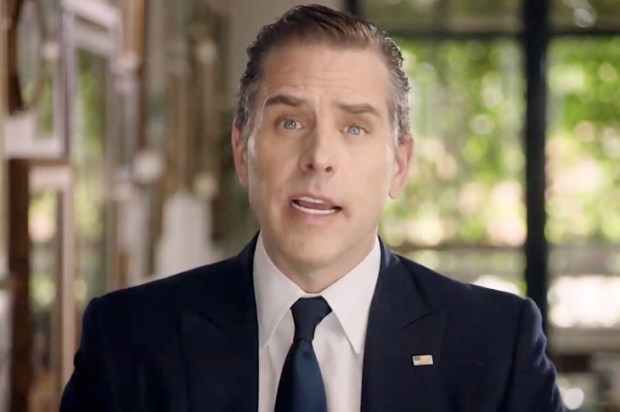
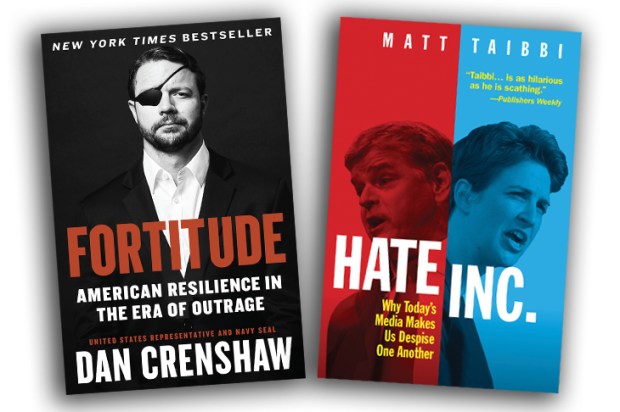
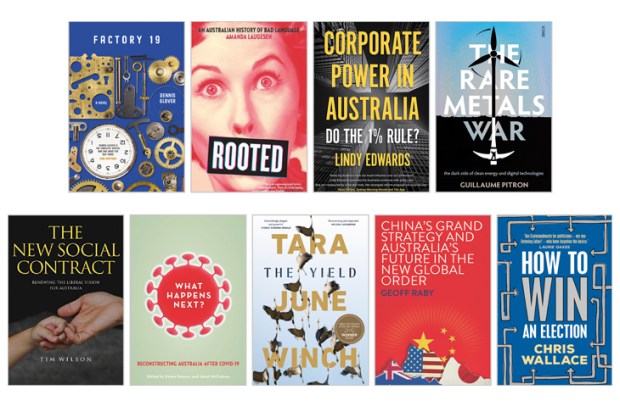






Comments
Don't miss out
Join the conversation with other Spectator Australia readers. Subscribe to leave a comment.
SUBSCRIBEAlready a subscriber? Log in